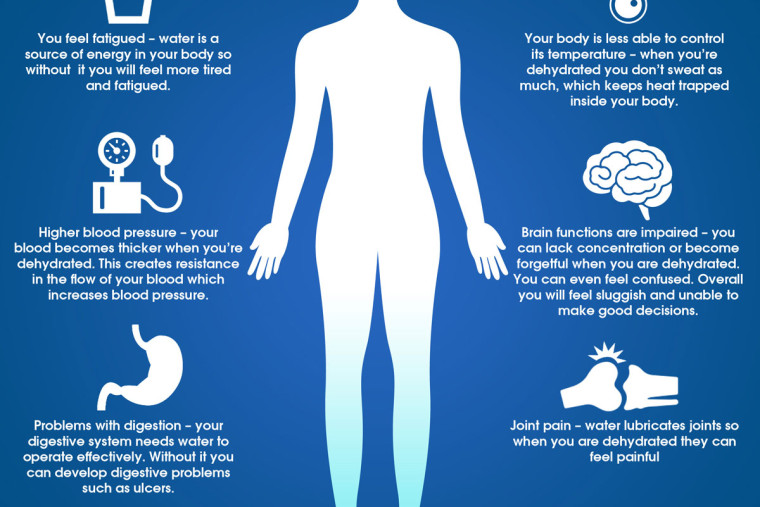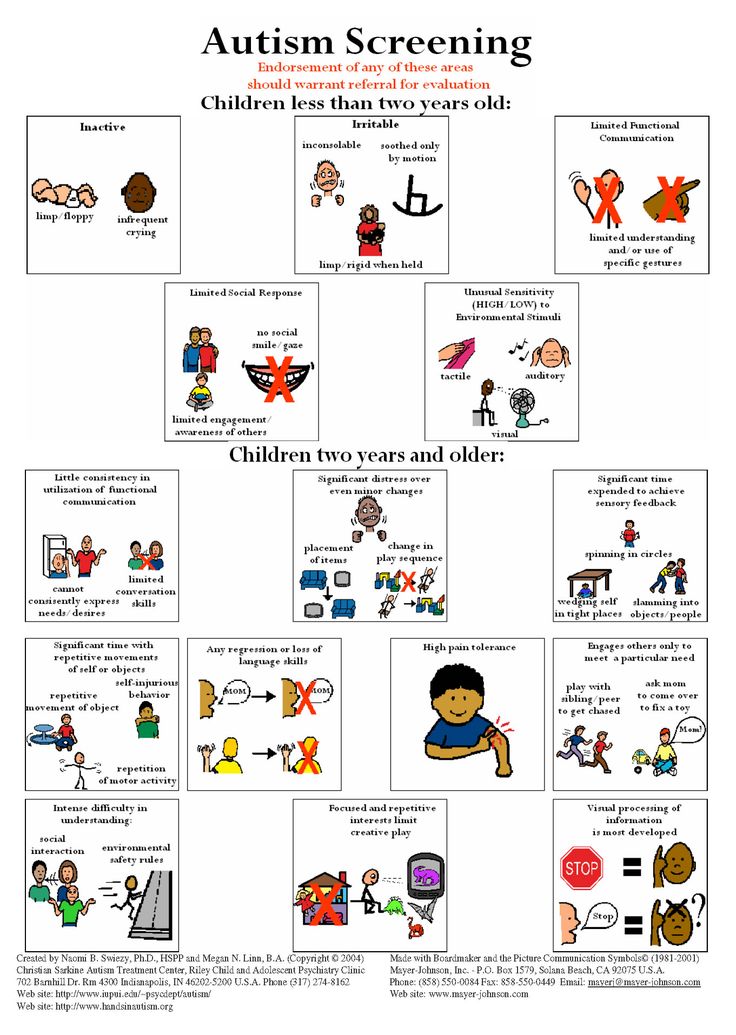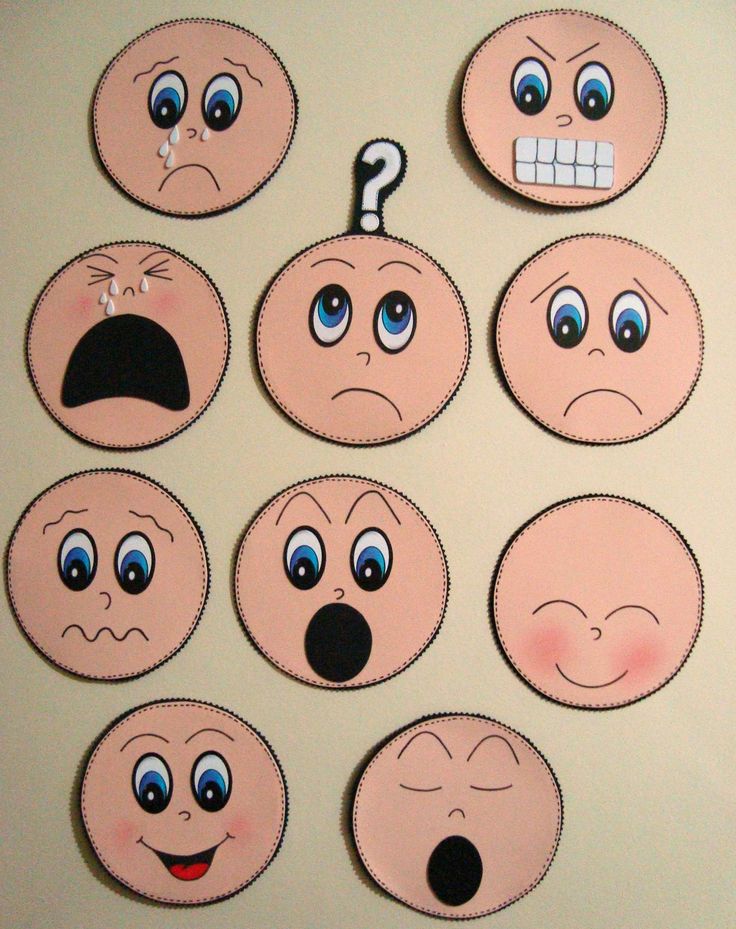I am not feeling good about myself
When You Don't Feel Good About Yourself
You don’t feel good about yourself. In fact, you feel terrible.
Maybe it’s your weight, your hips, your nose. Maybe it’s your inability to run or do push-ups. Maybe you compare yourself to others on everything—intelligence level, creativity, productivity, money—and inevitably come up short. Maybe it’s because your once clear, smooth skin is becoming rough and wrinkled.
There may be many reasons you don’t feel good about yourself, and you’re likely very frustrated, angry, disappointed.
But you don’t have to feel this way. And you don’t have to bash yourself even more.
According to clinical psychologist and couples therapist Tracy Dalgleish, C.Psych., when we feel bad about ourselves, we tend to use self-criticism to spark action. After all, that’ll motivate us to change, right? Maybe you tell yourself, she said, you should try harder! You should get it together! You know better. Stop being an idiot!
However, self-criticism “ends up creating more internal pressure and ultimately backfires on improving how [we] feel about [our]selves,” said Dalgleish, who focuses on taking therapy outside of the therapy room by providing e-courses, community presentations, and workplace wellness seminars.
“Self-criticism prevents people from being able to show up as they are,” she said.
So what can you do?
Dalgleish shared these five wise strategies:
- Focus on who you are. Focus away from your appearance, and focus away from what you can and cannot do. Instead, according to Dalgleish, “What would your friends say about you? We are able to hold a compassionate view of ourselves when we think of what our dearest friend would say about us.” Similarly, she stressed the importance of focusing on the “parts of you that contribute to the world you live in.”
- Create a radical statement of acceptance. Instead of seeing yourself critically or focusing on what you need to change, see “what is with a lens of self-acceptance,” Dalgleish said. For instance, she said, you might stand in front of the mirror, look yourself in the eyes, and say: “I am right where I need to be,” or “You have everything that you need.” The key is to pick a statement that resonates with you, and feels honest and authentic.
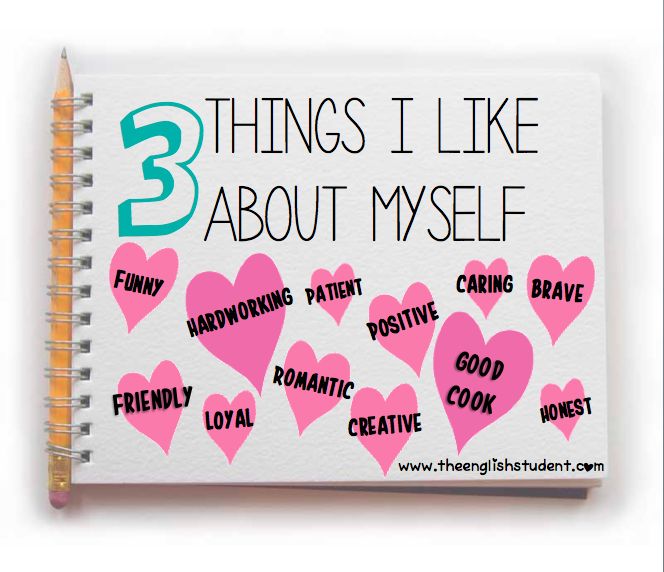
- Build a grateful mindset. Every day say three things that you are grateful for. According to Dalgleish, you might express gratitude for your health or for what your body does for you. “Sometimes when it doesnt feel like you have anything to be grateful for, try practicing being grateful for this moment and just for [your] breath.” There are so many ways to practice gratitude. As with the radical statement above, the important thing is to find a practice that speaks to you. (Here are seven other options.) Also, remember that you don’t have to feel great to practice gratitude—you can even practice when you’re feeling depressed.
- Get out of your head.Our minds are very creative storytellers. Sometimes, this is a good thing. And other times, it makes us feel worse. Often, Dalgleish said, these stories center on our lovability and worthiness, or lack thereof, as in:
If only I were a few pounds thinner, then I’d feel better, I’d be happier, I’d finally have peace.
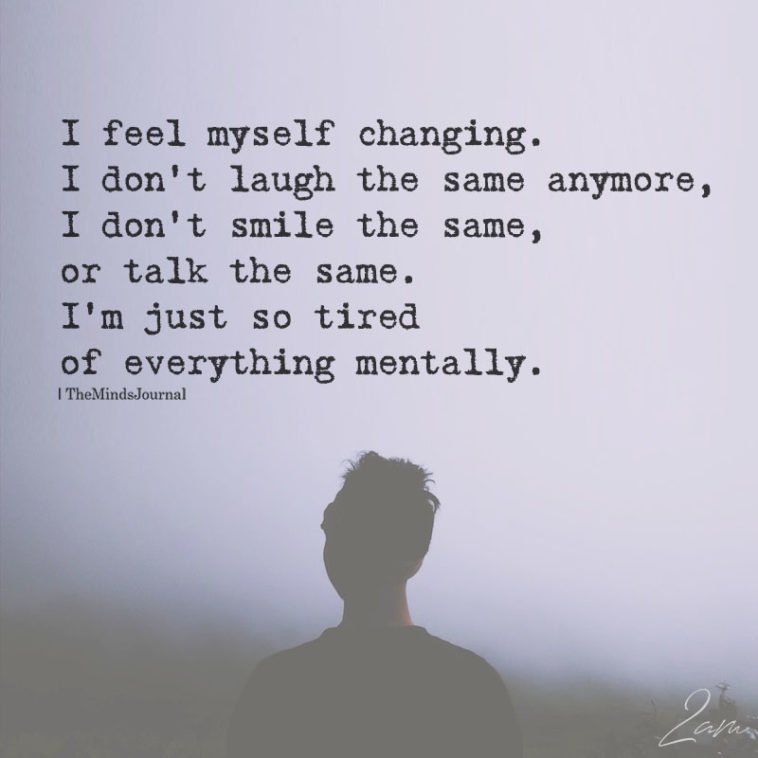 “This is what the mind does: It chatters.” So instead of trying to eliminate these thoughts, Dalgleish suggested doing two things. One is to realize the truth: “Thoughts are just thoughts. Begin to see your thoughts as just that.” The second thing is to do something every day that gets you out of your head. “You might go for a walk; take 10 slow, deep breaths; call a friend; splash cold water on your face; or take a hot shower,” she said.
“This is what the mind does: It chatters.” So instead of trying to eliminate these thoughts, Dalgleish suggested doing two things. One is to realize the truth: “Thoughts are just thoughts. Begin to see your thoughts as just that.” The second thing is to do something every day that gets you out of your head. “You might go for a walk; take 10 slow, deep breaths; call a friend; splash cold water on your face; or take a hot shower,” she said. - Mind the media. Dalgleish’s favorite questions to ask clients are: “Who is profiting from your insecurity?” and Do you want to give them that power? For example, with social media, “You dont get to be a consumer of what you take in—the algorithms are deciding for you and presenting you with [images, messages, and ads] about what they think you need. Tuning into your internal self-worth is so key for being able to manage so many of these messages, while also learning to take intentional, frequent breaks from the media we are consuming.
 ”
”
When you don’t feel good about yourself, one of the best things you can do is to lead with self-compassion. The above strategies speak to being patient, understanding, and gentle with yourself. Because when you approach yourself with kindness, you can never go wrong.
Photo byGiulia BertellionUnsplash.
When You Don't Feel Good About Yourself
You don’t feel good about yourself. In fact, you feel terrible.
Maybe it’s your weight, your hips, your nose. Maybe it’s your inability to run or do push-ups. Maybe you compare yourself to others on everything—intelligence level, creativity, productivity, money—and inevitably come up short. Maybe it’s because your once clear, smooth skin is becoming rough and wrinkled.
There may be many reasons you don’t feel good about yourself, and you’re likely very frustrated, angry, disappointed.
But you don’t have to feel this way. And you don’t have to bash yourself even more.
According to clinical psychologist and couples therapist Tracy Dalgleish, C. Psych., when we feel bad about ourselves, we tend to use self-criticism to spark action. After all, that’ll motivate us to change, right? Maybe you tell yourself, she said, you should try harder! You should get it together! You know better. Stop being an idiot!
Psych., when we feel bad about ourselves, we tend to use self-criticism to spark action. After all, that’ll motivate us to change, right? Maybe you tell yourself, she said, you should try harder! You should get it together! You know better. Stop being an idiot!
However, self-criticism “ends up creating more internal pressure and ultimately backfires on improving how [we] feel about [our]selves,” said Dalgleish, who focuses on taking therapy outside of the therapy room by providing e-courses, community presentations, and workplace wellness seminars.
“Self-criticism prevents people from being able to show up as they are,” she said.
So what can you do?
Dalgleish shared these five wise strategies:
- Focus on who you are. Focus away from your appearance, and focus away from what you can and cannot do. Instead, according to Dalgleish, “What would your friends say about you? We are able to hold a compassionate view of ourselves when we think of what our dearest friend would say about us.
 ” Similarly, she stressed the importance of focusing on the “parts of you that contribute to the world you live in.”
” Similarly, she stressed the importance of focusing on the “parts of you that contribute to the world you live in.” - Create a radical statement of acceptance. Instead of seeing yourself critically or focusing on what you need to change, see “what is with a lens of self-acceptance,” Dalgleish said. For instance, she said, you might stand in front of the mirror, look yourself in the eyes, and say: “I am right where I need to be,” or “You have everything that you need.” The key is to pick a statement that resonates with you, and feels honest and authentic.
- Build a grateful mindset. Every day say three things that you are grateful for. According to Dalgleish, you might express gratitude for your health or for what your body does for you. “Sometimes when it doesnt feel like you have anything to be grateful for, try practicing being grateful for this moment and just for [your] breath.” There are so many ways to practice gratitude. As with the radical statement above, the important thing is to find a practice that speaks to you.
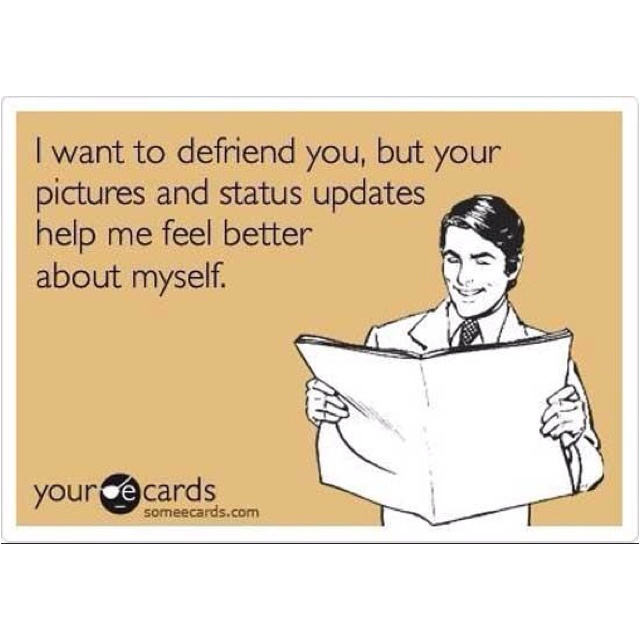 (Here are seven other options.) Also, remember that you don’t have to feel great to practice gratitude—you can even practice when you’re feeling depressed.
(Here are seven other options.) Also, remember that you don’t have to feel great to practice gratitude—you can even practice when you’re feeling depressed. - Get out of your head.Our minds are very creative storytellers. Sometimes, this is a good thing. And other times, it makes us feel worse. Often, Dalgleish said, these stories center on our lovability and worthiness, or lack thereof, as in: If only I were a few pounds thinner, then I’d feel better, I’d be happier, I’d finally have peace. “This is what the mind does: It chatters.” So instead of trying to eliminate these thoughts, Dalgleish suggested doing two things. One is to realize the truth: “Thoughts are just thoughts. Begin to see your thoughts as just that.” The second thing is to do something every day that gets you out of your head. “You might go for a walk; take 10 slow, deep breaths; call a friend; splash cold water on your face; or take a hot shower,” she said.
- Mind the media.
 Dalgleish’s favorite questions to ask clients are: “Who is profiting from your insecurity?” and Do you want to give them that power? For example, with social media, “You dont get to be a consumer of what you take in—the algorithms are deciding for you and presenting you with [images, messages, and ads] about what they think you need. Tuning into your internal self-worth is so key for being able to manage so many of these messages, while also learning to take intentional, frequent breaks from the media we are consuming.”
Dalgleish’s favorite questions to ask clients are: “Who is profiting from your insecurity?” and Do you want to give them that power? For example, with social media, “You dont get to be a consumer of what you take in—the algorithms are deciding for you and presenting you with [images, messages, and ads] about what they think you need. Tuning into your internal self-worth is so key for being able to manage so many of these messages, while also learning to take intentional, frequent breaks from the media we are consuming.”
When you don’t feel good about yourself, one of the best things you can do is to lead with self-compassion. The above strategies speak to being patient, understanding, and gentle with yourself. Because when you approach yourself with kindness, you can never go wrong.
Photo byGiulia BertellionUnsplash.
I feel... but not well. What to do with stress at all times — Career on vc.ru
An article by Tatyana Shcherban, a teacher at the SKOLKOVO business school and a trainer in people management, specially for Atsearch.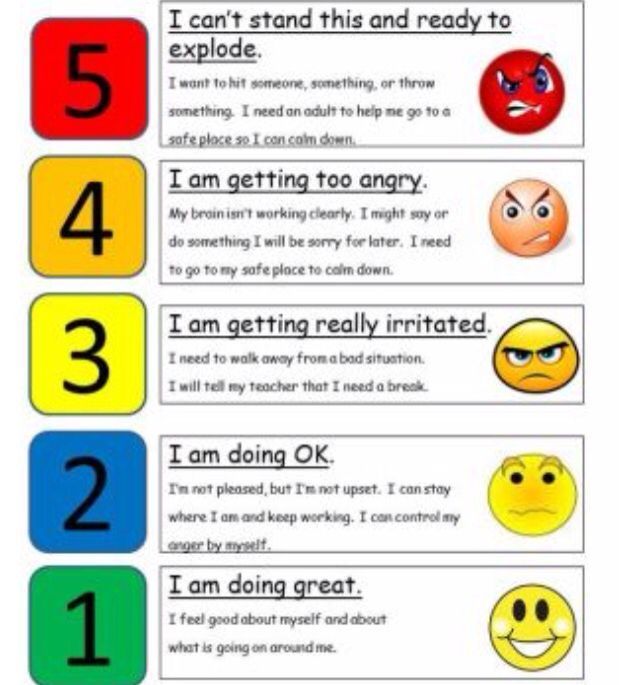
19794 views
Tatyana answered three exciting questions about stress:
- How are stress and psychological needs connected? What are the needs and what kind of people do they correspond to? Find yours :)
- How stress manifests itself in each type of people. What does a person begin to do and how to behave? Get to know yourself or colleagues :)
- What should a manager do? How to respond to someone else's stress? What and how to say depending on the type of need?
1. “Don’t worry – be happy.” Does it piss me off?
Just as our body cannot do without food and water, so our psyche cannot but eat - it also has vital needs. Eric Berne's student Tybee Keiller identified 8 needs in his Process Communication Model (PCM). Each of us has all eight, of which one or two are the most relevant for a person in the current period of life.
Psychological need is the strongest desire that our psyche seeks to satisfy in any way, including negative ones. Not meeting your needs causes stress. This means that awareness of our psychological needs gives us the keys to understanding our stress, and their positive satisfaction - to stress management.
So, eight psychological needs. Find the most relevant one for you:
- Organization and planning of time. This is the need for maximum ordering of one's (and not only) life, to reduce uncertainty, the need to devote time to quality planning.
- Recognition of one's work - its scope and quality. Recognize that I work hard and work well.
- Sensory needs - it should be cozy, tasty, beautiful, warm and fragrant around. This is the need for comfort and self-care, getting pleasure from this.
- Needs for unconditional recognition of a person - to feel (not to know, but to feel) that they love me, not because, but just like that.
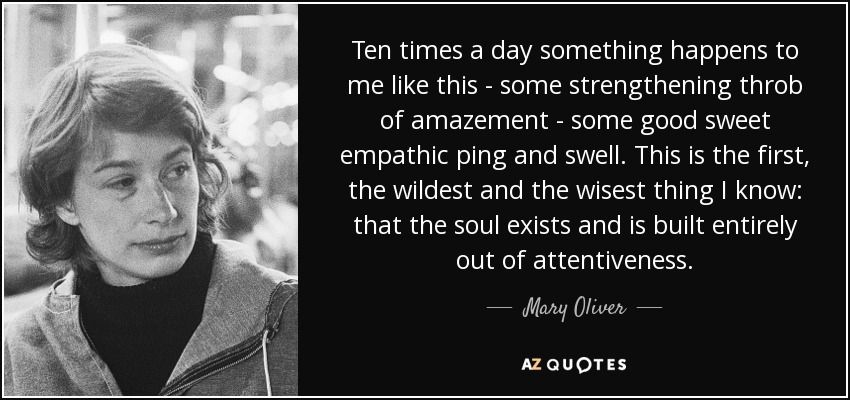
- Recognition of opinion / contribution - receiving recognition of my contribution, that I brought something, changed something in society, in the profession, in the world, at least at the level of opinions and beliefs of others.
- The need for solitude, time for yourself and immersion in your own world. Not to be confused with loneliness!
- Need for excitement - thirst for adrenaline, love of risk, battle, victory.
- The need for playful contact, when "our whole life is a game" and "time is not business - it's an hour of fun", but vice versa.
Everyone has all eight needs, but only one or two in a given period of life for a person are the most relevant. It depends on them how stress will manifest itself.
2. JOYFUL STRESS, STRESS DREAM AND OTHER WAYS TO EXPECT STRESS.
Organizing\planning time (1 item) and Recognition of one's work (2 item) are common for people of the same personality type.
If these needs are not met, the mechanism “if they don’t tell me that I work well, then I work badly” is launched. The need is not satisfied. A person under stress begins to work even harder and harder, proving how much and how well he plows. Working non-stop, he drives himself, losing details from fatigue and making even more mistakes. There is a self-reproach - "it means that I did not finish watching." Over-control and anger at others turn on - “I don’t understand how you can work like this! Why should I go after everyone and remind! Don't you understand how important this is?!"
Sensory needs (item 3) and the need for unconditional recognition of personality (item 4) also work in pairs.
If they are dissatisfied at the peak of stress, the mask of a whiner is launched. A person really wants to get the love of others, and he begins to try extremely hard to please everyone and adapt to everyone. Because of the fear of rejection, he begins to fuss and make a bunch of small annoying mistakes, incurring the wrath of those around him along with the expected love and care. As a result: “I try so hard for you, but I can’t succeed! I'm bad, I let you down. There is nothing to love me for.”
As a result: “I try so hard for you, but I can’t succeed! I'm bad, I let you down. There is nothing to love me for.”
If the need for Recognition of an opinion or contribution (point 5) is not met, an attack is launched on you.
At the peak of stress, such a person starts lecturing you. He feels himself on the podium and will already now in any way receive your attention to his point of view. I note that he does not expect agreement with his opinion. He wants society to recognize that his opinion / actions have changed something in this world, profession, industry, business, etc. If he does not receive such recognition, he, without noticing it, begins to impose his opinion. An arrogant moralizing is launched using complex abstruse phrases and great quotes. As a result, he humiliates the position of the interlocutors, which repels others.
The need for solitude (point 6) when dissatisfied gives rise to a stress dream.
A person, even being in society, goes into his speculative world, becoming "invisible". This "mink" is necessary in order to be with yourself, in your dreams and thoughts. Phrases start but cut off in the middle. Projects start but do not end, because at the peak of stress, such a person can get lost in his inner world, where there is a lot of unspoken, unresolved, desired and invented. He walks around these thoughts as if in a circle, without moving on to action. There is a big risk that others will not notice this stress and will not help. Despair accumulates inside “It turns out that nobody needs me?”.
This "mink" is necessary in order to be with yourself, in your dreams and thoughts. Phrases start but cut off in the middle. Projects start but do not end, because at the peak of stress, such a person can get lost in his inner world, where there is a lot of unspoken, unresolved, desired and invented. He walks around these thoughts as if in a circle, without moving on to action. There is a big risk that others will not notice this stress and will not help. Despair accumulates inside “It turns out that nobody needs me?”.
Unsatisfied need for excitement (point 7) provokes a person to create drama or crisis.
The mimicry of a shark turns on and the person begins to manipulate others, pushing people's foreheads together and not trying to help. Why help? After all, I am strong, everything is OK with me, and you, let's try to cope on your own. Very often people do not perceive such behavior as stress, involuntarily becoming puppets in its drama. And such a person, feeding his stress, sneers contemptuously and tells you: “Well, every fool can handle money . ... What's weak?!"
... What's weak?!"
Stress play occurs when a person does not satisfy his need for play contact (point 8).
The person is ostentatiously stupid: “trying to figure out” what is written here or what you are saying to him now, but… “Pfft! It's sooo difficult! How do you do it! Ufff! No, well, if everything were clearly written here, I would have understood everything a long time ago !!! Oh, how tired I am!!! He begins to joke, tell stories, change the subject, offer to relax, enjoying the attention to himself. He wants to relax already and live playfully! “Why are you all so serious?!”
Manifestations of stress are richer than what I list. Tybee Keiller proved a mini-script: these are the primary second-by-second signs of the onset of stress. In our Communication Process Model (PCM) trainings, we analyze these signs in detail and teach how to work with them in order to stop the development of stress and return communication to a constructive one. And within the framework of the article, I will further give the basic principles of communication with a person at the peak of stress.
3. WATER WILL NOT HELP A COFFEE DRINKER
The general principle is as follows: in order to reduce or remove the intensity of stress, you need to “feed” the need. Here are the short principles:
1. Organization and planning of time and Recognition of one's work
Stress peak: Over control and an attack on your thinking in the form of frustrated anger
What to do:
- Give thanks for doing something well and/or planning something. Just describe it in detail. “Thanks to your qualitative risk assessment in the Delta project, the efficiency of the just in time delivery process increased by 7%. What plan do you propose for the Gamma project?”
- Ask for advice and listen carefully to expert opinion. Ask questions on the study of the topic, dive into the details. Give thanks in the style of: "I finally figured out the topic, because you structured everything."
2. Sensory Needs and Needs for Unconditional Personal Recognition
Sensory Needs and Needs for Unconditional Personal Recognition
Peak stress: stupid mistakes, self-deprecation and whining
What to do:
- Turn on all your empathy and care, show understanding and compassion. Offer support, your time to listen to the emotions of such an interlocutor. Say how much you appreciate him/her and that you see his/her experiences and empathize, how you want to help and support. "It's good to have you on my team! You warm everyone with your warmth and attention. Thank you!"
- Offer something warm, tasty, tactilely soft. “Let me offer you some water. I have time - I will gladly drink tea with you, and you will tell me everything.
3. Recognition of an opinion and/or contribution
Peak stress: Notations and an arrogant attack on you as a person
What to do:
- You need to hear the grain of the statement and take it into account, suggesting a discussion, asking a question at the end.
 For example, “You are talking about a very important topic. If I heard/understood you correctly, you want to say that…?” “Thank you so much for bringing this topic up. I find this important and very ambiguous. And what do you think, if you look at it from the other side, then ... What do you think?
For example, “You are talking about a very important topic. If I heard/understood you correctly, you want to say that…?” “Thank you so much for bringing this topic up. I find this important and very ambiguous. And what do you think, if you look at it from the other side, then ... What do you think? - It is helpful to recognize the effect that his/her opinion has had on you: “Now you just talked about the consequences for the next generation, and I saw the interconnections in a new way. This provides significant food for thought from a different angle, don’t you agree?”
4. Need for privacy
Peak of stress: withdraws into his own world and passively waits
What to do:
- Give a pause and the next steps. "I'll give you as much time as you need." “Think calmly. Do not rush." “Take an hour to think about the possible trajectories of events. I'll be back in an hour and we'll discuss possible plans of action.
 " Return to the person to discuss plans after the promised time.
" Return to the person to discuss plans after the promised time.
5. Need for excitement
Peak stress: manipulation; blaming others for being weak.
What to do:
- We need a straightforward reaction - openly stop the manipulation. Your task is to show that you see what the person is doing. Give a positive challenge, turn it into action, especially one that promises big turns and big wins. “This client is the toughest nut to crack. He is tough only for Bisons like you! I bet you a bottle of 20 year old whiskey that you will tear it! Get us an exclusive contract!"
6. Need for play contact
Peak stress: ostentatious zeal and blaming others for one's difficulties; shifting responsibility to others
What to do:
- He is bored. Your task is to distract \ entertain, make the task easier, fun, playful in form. "Want a joke! Briefly speaking….". They told and returned to the question in the style: “That's it! The game is called - the faster we overcome this report, the faster we pull the coffee "
- Pay attention to this unique creativity and immediacy! "Cool joke! What a cool thing you have on your desk! Class! You are unique! Shoes - finally fire! WOW is GENIUS!!!"
Stress can be stopped before its peak. To do this, you need to train your ability to see the mini-script of the development of stressful behavior and develop the skill to switch to the language of the interlocutor. This task is solved by trainings on the Communication Process Model.
To do this, you need to train your ability to see the mini-script of the development of stressful behavior and develop the skill to switch to the language of the interlocutor. This task is solved by trainings on the Communication Process Model.
Managing your stress begins with recognizing your hungriest need. The next step is to learn how to satisfy them positively (through internal and external resources). To do this, find such a need in the list above and look at the suggested tips for meeting it. Continue my list with your ideas - how else can you feed your need in a positive way.
5 tips for those who feel exhausted
September 7Motivation
The right priorities and self-care will help you overcome a difficult life period.
Share
0Lori Deschen
Founder of the website Tiny Buddha and co-founder of the Next Creator Up podcast.
I am very tired. I'm having a baby in six weeks, and my pregnancy is going through with complications. At the same time, I continue to work and participate in new projects.
At the same time, I continue to work and participate in new projects.
It's hard: for every small victory of this difficult period, there was a moment when I felt destroyed. I recently realized what helps me overcome fatigue. If you are also having a hard time, my tips may come in handy.
1. Don't compare your tiredness to someone else's.
More than a year ago, a friend of mine was diagnosed with breast cancer. She quit her job despite the risk of running out of money. She broke off relationships that were not suitable for her, despite the engagement. And she met cancer with her usual courage. Her feat is not that she was not afraid, but that she overcame a difficult period, despite all the fears.
My conditions are much more pleasant, and sometimes it seems that I really have no reason to be so worried. My experience is nothing compared to what my friend went through. I think I should just come to terms with my stress at the end of a hard day, silently endure any fatigue or discomfort. Just because I'm lucky.
Just because I'm lucky.
But it's hard for me too. I'm still going through a difficult pregnancy, trying to get everything done, dealing with unpleasant physical symptoms and a lot of fears. There will always be someone who had a harder time, but why blame yourself for it?
People find themselves in different situations and at the same time they may equally need help and understanding.
Take note 💡
- 5 ways to turn the habit of comparing yourself to others into a superpower
2. Stop focusing on what doesn't matter
In difficult times, we need to better understand what really matters and what doesn't. If we spend all our energy on unimportant things, we won't have the energy to do the things that really change our lives.
Seven years ago I had an operation to remove uterine fibroids. I knew that for a speedy recovery I should not strain, but the mess in the room haunted me. I'm a fan of order.
A day has passed since the operation. The seam after the incision in the lower abdomen has just begun to tighten. And then I see a casually thrown pair of shoes next to the door. I knew they weren't supposed to be there. I was in pain, but I tried to put these shoes in the closet. Mom said I was crazy and she was right.
The seam after the incision in the lower abdomen has just begun to tighten. And then I see a casually thrown pair of shoes next to the door. I knew they weren't supposed to be there. I was in pain, but I tried to put these shoes in the closet. Mom said I was crazy and she was right.
Now I remember the shoe incident every time I feel exhausted and want to do something. I ask myself: will it wait until morning? Or maybe I shouldn't do it at all? What if someone helps me? And, most importantly, will it really make my life better?
Crossing things out of your diary is not easy, especially if you, like me, are used to taking everything on yourself. But sometimes we just need to give up something in order to save strength and save ourselves from a nervous breakdown.
3. Don't think that when you're down, you're capable of doing what you could do before.
Maybe you used to be more active or productive (I definitely was). Or you were the person you could ask for help at any time of the day.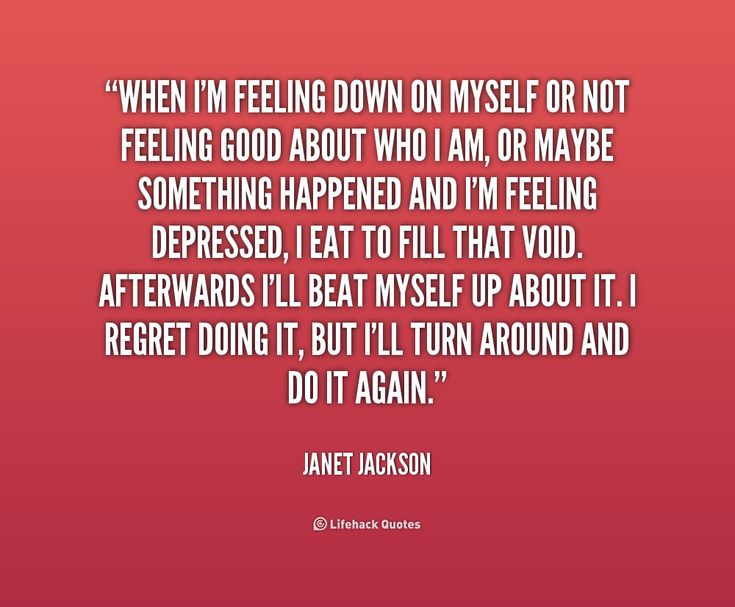 Or a great conversationalist who could listen to a friend, even if it would take all night.
Or a great conversationalist who could listen to a friend, even if it would take all night.
We worry not only that we will no longer be the same, but also that others will not like these changes. But we are inevitably confronted with new challenges and needs that will not go away if we simply ignore them.
I don't romanticize change. Not being able to do what you used to love is a total waste.
I don't go to yoga anymore because I don't have the time or energy. And I don’t do a bunch of other things that used to consist of my every day. But I was lucky: someday I will be able to do it again, even if not soon.
It's okay to worry about things you can't do. But in the end, we still have to accept reality and ask ourselves how to work with what we have. Otherwise, we will be very worried, and these experiences will not change anything.
4. Do not ask of yourself what you cannot do
Many of us make this mistake. We think we can do more: others do! If you feel bad, do not convince yourself that everything is in order. That way you won't be more productive. And to reproach yourself for a forced respite is also pointless.
That way you won't be more productive. And to reproach yourself for a forced respite is also pointless.
If you are tired, you need to rest. And if it hurts, compassion. And nothing will change for the better until you get what you need.
We cannot quit everything and do what we want, especially if we have taken responsibility to others. But we can definitely find some time to please ourselves.
Recently I started to include such moments of rest in my schedule. If I can't afford an hour of naps, I will sleep for 15 minutes. If I don't have time to walk 10,000 steps, then at least walk around the block. If I don't have an hour to write about all my experiences in a diary, I will take the time to note three important problems and three ways to solve them.
5. Stop thinking that you are behind
We constantly compare ourselves to others and think that we must keep up with them, otherwise we will waste our lives. It is not true.
You don't have to be perfect to be happy.



